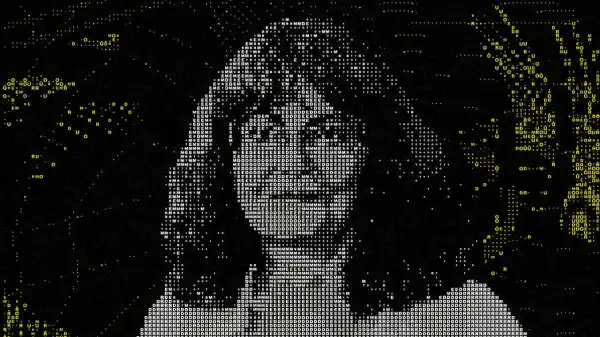
Save this storySave this storySave this storySave this story
Although automatism literature had existed in one form or another since the late Middle Ages – beginning with 16th-century folk tales of a golem created from clay and brought to life through a ritual spell to protect the Jewish community in Prague – its modern interpretation was initiated by the Czech play RUR by Karel Čapek. Its premiere in 1921, also in Prague, set the course for the next century, and it seems to have become common practice for critical works on the genre to begin with it. The play gave us the term “robot,” derived from an Old Slavonic root related to “serfdom,” and its plot about a revolt of artificial laborers provided a metaphorical framework – robot stories are fundamentally about labor and freedom.
The word “robot” is still part of our vocabulary, and the metaphor that underlies it is quite flexible, encompassing two related but distinct concepts. The first is that the first thing we will surely do with artificial beings is enslave them, as in Westworld. The second is the attendant fear that we will lose control of our creations and face the possibility of our own enslavement, as with HAL in 2001: A Space Odyssey or the character in Alex Garland’s Ex Machina. The most intriguing interpretations of this metaphor can be found in Philip K. Dick’s Do Androids Dream of Electric Sheep? and Ridley Scott’s adaptation Blade Runner – they suggest that the line between human and robot may become so blurred that both nightmares could simultaneously be true.
But it’s only in the last decade that the possibility has begun to shift that such questions might go beyond metaphor, and that we might soon have to confront artificially conscious beings in a literal sense. What if they make us suffer? What if we make them suffer? Each of these prospects is terrifying in its own way, but the growing sense of an event horizon has spawned a golden age of writing and research on the moral question of where, why, and how to draw the line between species.
These studies often rely on the assumption that AI entities themselves will have some bias either way. They will, it is assumed, want to be part of the human community or, conversely, want to escape it. This dichotomy is usually framed in terms of empathy. Are we empathetic enough to extend our moral concepts to include them? Are they empathetic enough to merit such consideration? As the lawyer James Boyle points out in his excellent work The Line: AI and the Future of Personhood, this is a double-edged sword: the irony of the Voight-Kampff test, the kind of Turing test used in Do Androids Dream of Electric Sheep?, is that the subject’s fate depends on their ability to empathize with animals. If they fail to do so, they “retire.” In other words, humans decide to destroy one kind of non-human being based on their moral considerations about another kind of non-human being. Who exactly is not showing empathy in this situation?
Still, there’s a strain of science fiction that runs through Arthur C. Clarke’s Rendezvous with Rama, Stanisław Lem’s His Master’s Voice, and Peter Watts’s Blindsight that imagines an alternative scenario: an alien intelligence that treats us with utter indifference. The most famous late example in this canon is a character who calls himself Murderbot. While these predecessors depict the cosmic stranger as fundamentally unknowable, Murderbot’s novelty lies in its relative insight—it chooses to remain far from humans. Murderbot has been brought to physical form in Alexander Skarsgård’s sculpted body in the new Apple TV+ series of the same name. But it—always “it,” never “he”—was first created by a 61-year-old fantasy writer named Martha Wells. Wells seems to have a great deal of respect for humans, or at least for some of them. But recently she asked me: “Why would a machine want to be like this?”
Wells lives with her assistant, Troyce Wilson, who is also her husband, in what Wilson calls Murderbought Manor. I visited them last month, and as I approached the modest brick house in a nondescript but prosperous section of College Station, Texas, I took the name as a self-deprecating reference to his wife’s belated rise—what Wilson calls “thirty years of overnight success.” My recording changed that impression. Outside, the temperature was nearly a hundred degrees in the blazing sun, but inside, the atmosphere was dim and phantasmagorical, like a Gothic library. High, vaulted ceilings towered over overflowing shelves of beloved magazines, the rows of books broken up every now and then by a wooden
Sourse: newyorker.com